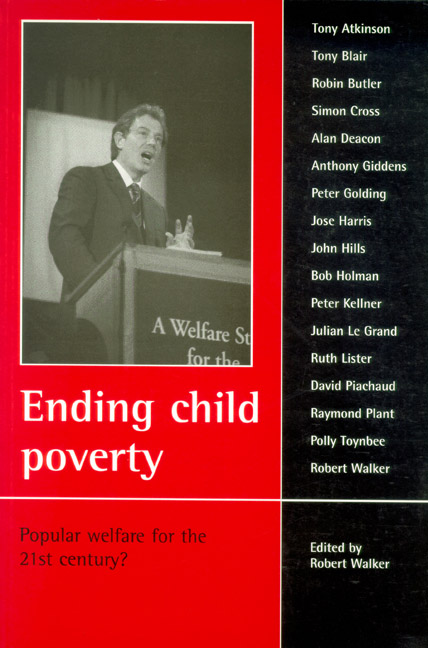16 - A poor press? Media reception of the Beveridge Lecture
Published online by Cambridge University Press: 05 July 2022
Summary
Good news is not always no news. When the Beveridge Report was published in December 1942 it met a big and largely enthusiastic press. Providing a warm uplift to the air of optimism coming from allied victories in North Africa, the promise of a better tomorrow turned the report into a best seller. The Stationery Office put 70,000 copies on sale on 2 December, and with queues running around the block, had sold out by lunchtime. Soon, over 600,000 copies were sold, and the ‘people’s William’ was a national hero (Golding and Middleton, 1982, p 206). Page after page of detailed summary and analysis appeared in the broadsheets, The Express announced on its front page that ‘Beveridge Tells How to Abolish Want’; the BBC broadcast details in 22 languages; and Beveridge’s aide, Frank Pakenham (later Lord Longford), recalled in his memoir, “In my own experience I can recall no burst of acclamation remotely resembling it” (Pakenham, 1953, p 26).
Of course, enthusiasm in the coalition government for this full-blooded promotion was, at best, mixed. Attempts to damp down publicity were only reversed at the last minute, a change of direction perhaps prompted by the need to counter Goebbels’ promise of a new European order. For two months the government remained silent in response, but the press (with the exception of The Daily Telegraph) “behaved as though it fell only slightly short of the millennium” (Addison, 1977, p 26). The Report, said The Times, was “a masterly exposition of the ways and means whereby the fact and fear of involuntary poverty can be speedily abolished altogether” (The Times, 2 December 1942, p 5).
Fifty-seven years later, the Prime Minster’s Beveridge Lecture, recognising that no such ‘speedy’ outcome had arrived, added a further 20 years to the forecast, but received nothing like the same attention given to Beveridge, one of Mr Blair’s ‘lexicon of political heroes’. In assessing the media response to the Lecture we must recognise four realities: poverty is not news, poverty policy is rarely news, poverty is insistently understood in popular debate to be absolute not relative, and if poverty policy is to become news it is only through its contribution to political discord.
- Type
- Chapter
- Information
- Ending Child PovertyPopular Welfare for the 21st Century?, pp. 121 - 138Publisher: Bristol University PressPrint publication year: 1999



